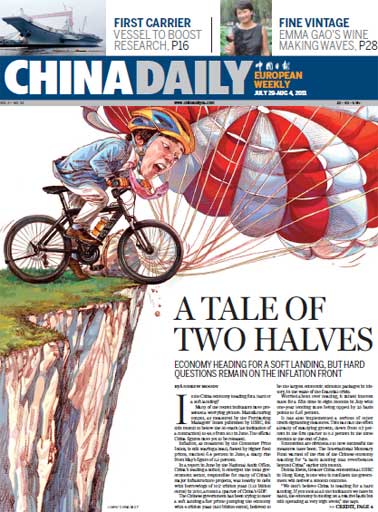Focus
A forest growing among skyscrapers
Updated: 2011-08-04 10:32
By Huan CAO & Huang Lan (chinadaily.com.cn)
Located near the southern end of Futian district and covering a total area of 368 hectares, the Shenzhen Mangrove Nature Reserve is China's smallest state-level nature reserve.
The reserve is somewhat of a bird haven. About 400,000 birds of 189 species stop here on their way either south to Australia or north to Siberia each year. And, being adjacent to Hong Kong's Mai Po Natural Reserve, it attracts lots of birds from the north in winter.
Set up as a provincial reserve in October 1984, Shenzhen Mangrove was recognized as a state natural reserve by the State Council in 1988. As the only reserve located in an urban district in China, the site has become a landmark in Shenzhen.
Mangrove is home to wooded plants and marine communities, and other rare, naturally growing species.
The Mangrove Park is like a green wall on the Shenzhen seaside. It is not only a paradise for birds and plants, but also an ideal place for Shenzhen residents and tourists to explore. People gather here to watch the waves come in from the sea, bask in the sun and catch a breeze, chat with friends and play cards in the park. The land is flat and spacious, dotted with marshes, shallow water and forest.
Shenzhen is devoted to making Summer Universiade 2011 a low-carbon event. In light of the city's efforts, if you're in Shenzhen this summer,
make sure to stop by the Mangrove Nature Reserve to catch a rare glimpse of some of the city's most beautiful and spectacular wildlife.
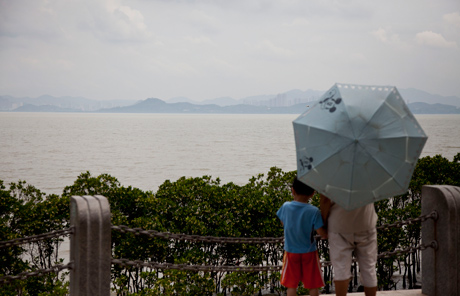
Video: Huan CAO & Huang Lan
Voiceover: Chris Clark
Producer: Flora Yue
E-paper

Double vision
Prosperous Hangzhou banks on creative energies to bridge traditional and modern sectors
Minding matters
A touch of glass
No longer going by the book
Specials
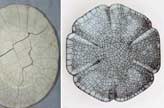
Ancient plate broken
An ancient porcelain plate was accidentally destroyed during a research in the Palace Museum.
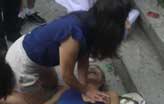
Selfless actions
A 20-year-old girl becomes an Internet star for giving her first kiss to a drowning old man.
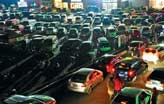
Space race
Homebuyers are learning the hard facts of supply and demand: too many cars and too few parking spaces.
